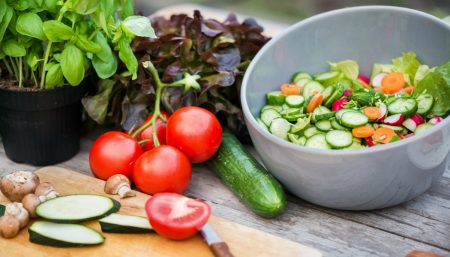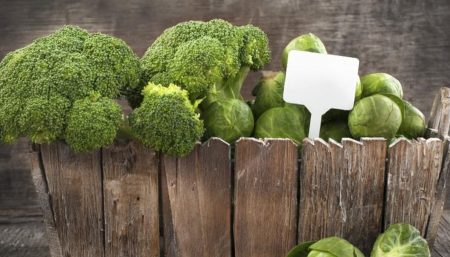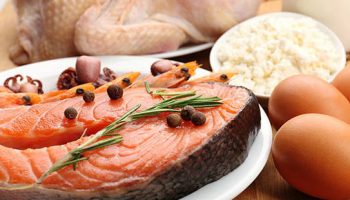
Intake of dietary protein proximate is encouraged along with resistance-type exercise sessions to promote a positive net protein balance for post-exercise recovery. Talking of Proximate Analysis, it is nothing but partitioning of compounds in a feed into six categories based on the chemical properties of the compounds.
Now-a-days protein supplements are available in ready-to-drink, powdered, and solid form and are marketed for different outcomes such as weight gain, weight loss, and weight management. For desired outcome, the promoted timing of each protein intake varies.
- Consuming protein supplements between meals may decrease compensatory eating behaviors, thereby increasingenergy intakes and body weight. It is more effective at increasing overall body mass.
- On the other hand, those undergoing a resistance training program and consuming protein supplements twice daily with meals may compensate for the protein supplement by decreasing their self-chosen diet. It may be a more effective dietary strategy to improve resistance training-induced changes in body composition by reducing fat mass, which may be relevant for adults looking to improve their health status.
The timing of protein supplementation is of particular importance, depending on the desired body weight and body composition outcome.
A High-Protein Diet:
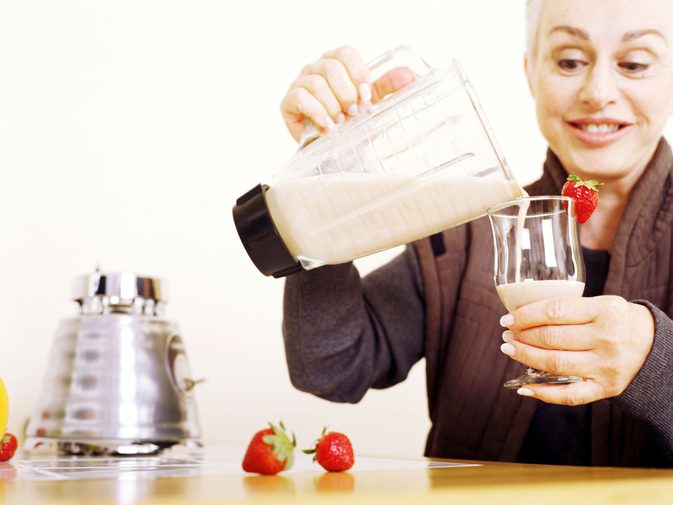
- Keep you fuller for longer: Protein is highly satiating, meaning you stay fuller for longer. This can lead to an automatic reduction in calorie intake
- Reduce cravings: A high-protein diet has been linked to reduced cravings and a lower desire to snack at night.
- Increase calorie burn: Increased protein intake has been shown to have a higher thermic effect. This means it can boost the number of calories burned by up to 80 to 100 per day.
- Change weight hormones: Protein has been shown to reduce levels of the hunger hormone ghrelin and boost the appetite-reducing hormones GLP-1 and PYY.
There are various protein sources, divided into two types: natural protein from foods or supplemental protein, usually in the form of protein shakes.
Foods that are naturally very high in protein, and regularly eating these foods has been linked to weight loss. For example, studies have found that eating eggs can keep you fuller for longer and may lead to reduced food intake over the whole day. Regularly eating protein-rich nuts, beans and legumes has also been linked to a lower body weight, improved satiety and greater weight loss .
Common protein-rich foods include:
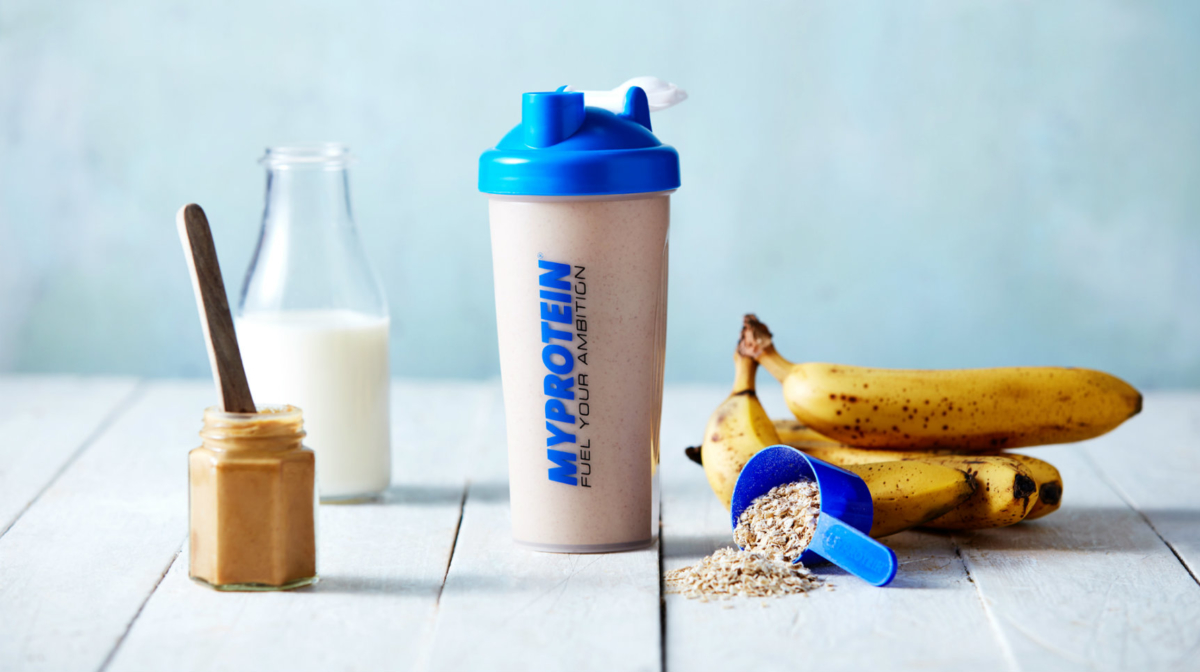
- Eggs: 6 grams of protein in 1 large egg
- Nuts: 6 grams of protein in 1 ounce (28 grams) of almonds
- Chicken: 53 grams of protein in 1 chicken breast, cooked
- Cottage cheese: 23 grams of protein in 1 cup (210 grams)
- Cheese: 7 grams of protein in 1 ounce (28 grams) of cheddar cheese
- Greek yogurt: 17 grams of protein in 6 ounces (170 grams)
- Milk: 8 grams of protein in 1 cup
- Lean beef: 22 grams of protein in 3 ounces (85 grams)
- Fish: 39 grams in 1 cup (154 grams) of tuna
- Quinoa: 8 grams of protein in 1 cup (185 grams), cooked
- Lentils: 18 grams of protein in 1 cup (198 grams), cooked
Boost your protein intake by including a variety of high-protein foods in your diet. If the need arises supplement it with protein supplements according to desired results.
Disclaimer
The Content is not intended to be a substitute for professional medical advice, diagnosis, or treatment. Always seek the advice of your physician or other qualified health provider with any questions you may have regarding a medical condition.

